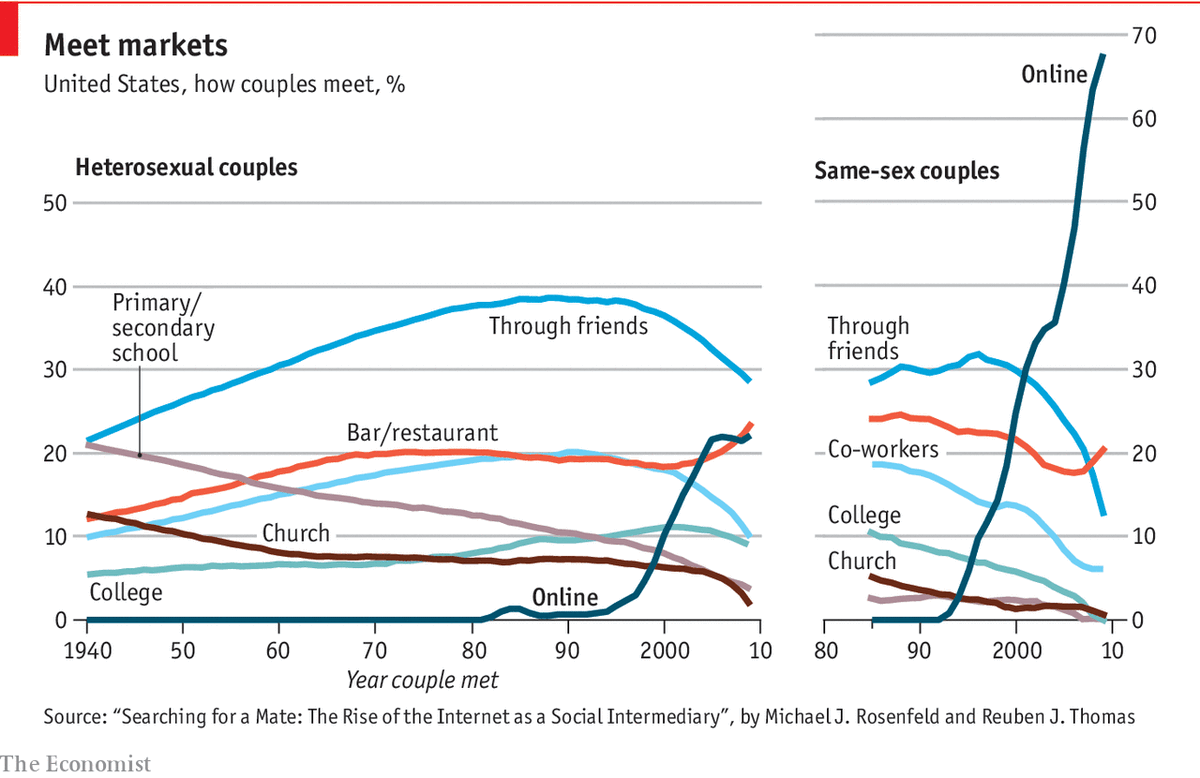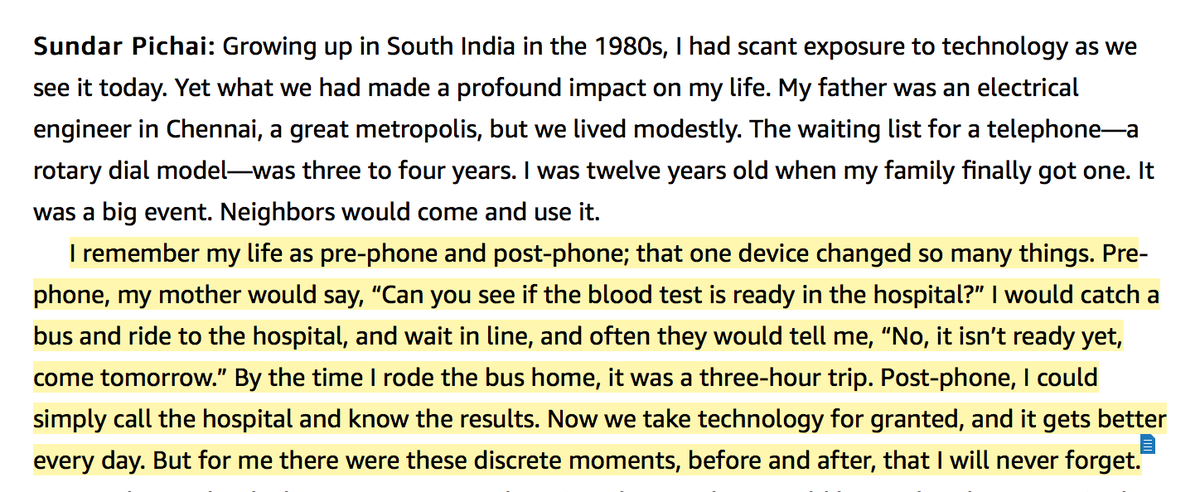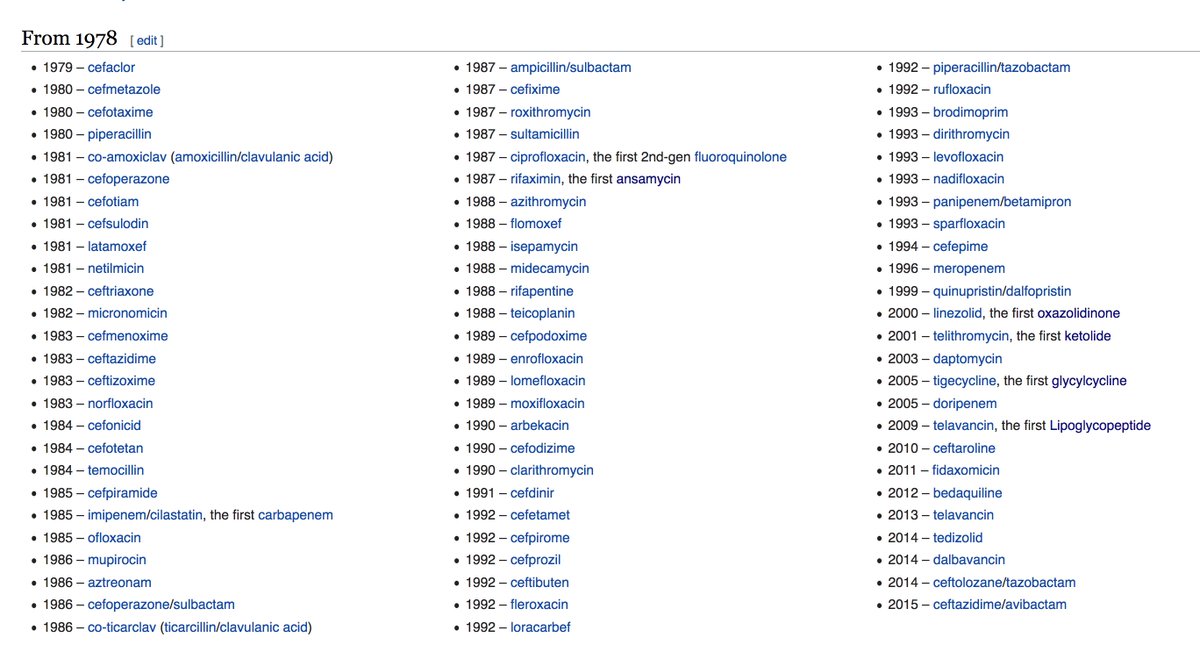Meningitis, 1975
Pneumonia, 1977
Adenovirus, 1980
Hepatitis B, 1981
Haemophilus influenzae type b, 1985
Japanese encephalitis, 1992
Hepatitis A, 1995
Varicella, 1995
Lyme disease, 1998
Rotavirus, 1998
HPV, 2006
Shingles, 2006
By the way, here's a map from that time of the Internet's precursor, the ARPANET:
Pardon me if I suggest that this is a massive failure of imagination.
Yes, it has many risks and drawbacks, which we're now discovering and learning how to deal with. But the value created for the world is immense.
I remember in the late '90s a friend was vacationing to Japan. I asked her to *shop CD stores* on her trip to find albums by Nobuo Uematsu for me.
Today you can find any product worldwide online in minutes.
If you weren't impressed by something mundane like shopping convenience, maybe this will warm the cockles of your heart towards technology?
Note the rise is faster and more pronounced among same-sex couples—technology and capitalism, once again, blasting through centuries of harmful tradition and prejudice.


But none of this required much special knowledge. So why wasn't a NYT opinion writer able to come up with *one* of these things?
Two hypotheses:
If you discount these because you're looking for a “major problem in society”, something lofty and political, you'll miss a lot.
Which leads me to my second hypothesis:











